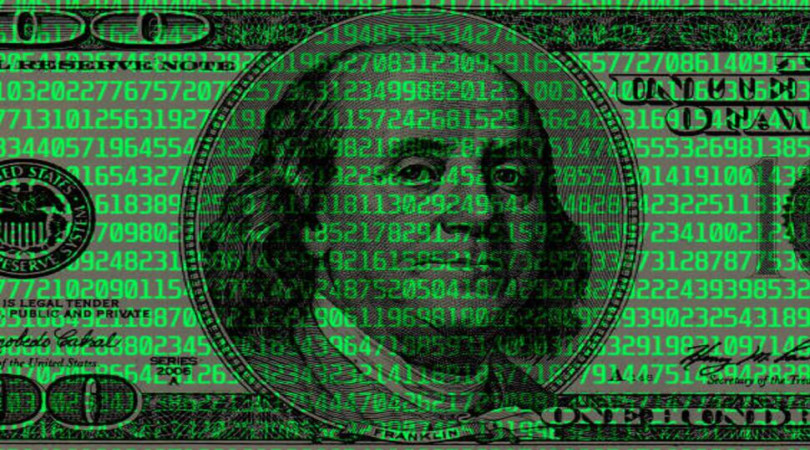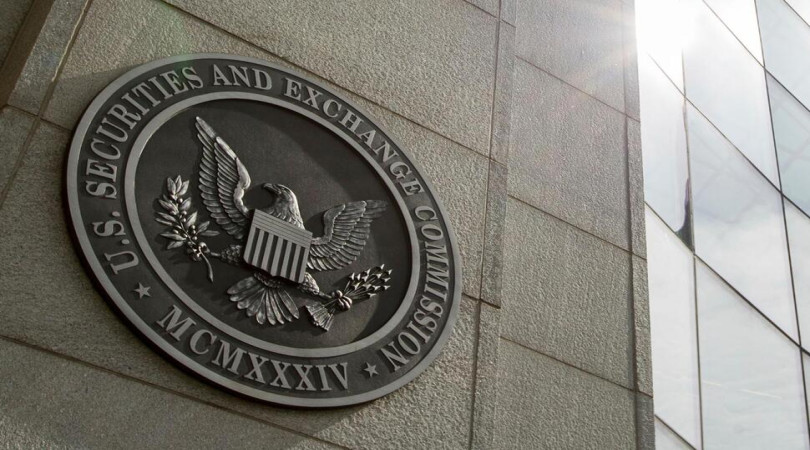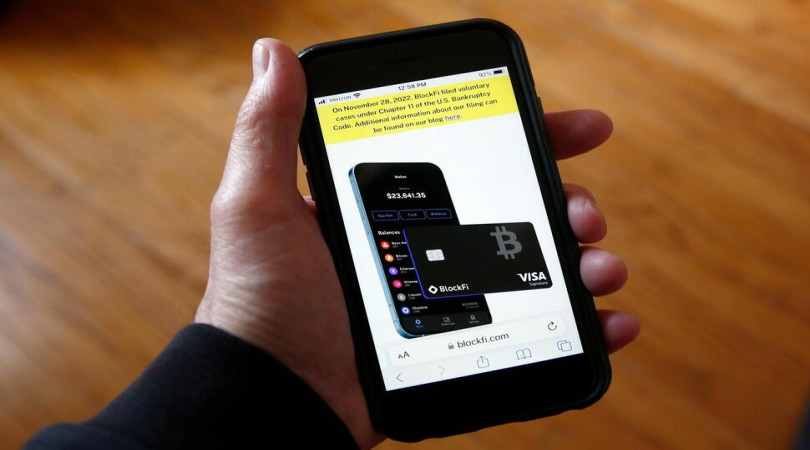It's been a heck of a ride over the past few years for digital asset markets. The November 2022 collapse of once-dominant cryptocurrency exchange FTX had a chilling effect on investor enthusiasm, and harsher regulatory scrutiny in the sector became the norm. But thanks in large part to the long-term promise of "Web 3.0" technology and fintech innovations – not to mention a significant bump in the value of closely watched cryptocurrency Bitcoin (BTC) – we have seen digital assets come back into favor in 2024.
Looking beyond the day-to-day gyrations of crypto markets, however, there is a list of top crypto players who are noteworthy for their management of the infrastructure of this asset class. These exchanges are the points where transactions happen, and in some ways influence whether an individual buyer or seller makes a profit on a specific cryptocurrency. The volume of transactions taking place can be a proxy for investor interest.
Because the global and often decentralized nature of crypto is juxtaposed with the very specific local regulations of each jurisdiction, some of these exchanges have restricted use for U.S. investors. Sometimes that means products limited by the exchange itself as operators look to limit liability, and sometimes that means an outright ban from the regulators themselves. But if you care about crypto, then you should care about these top exchanges as the leading marketplaces for transactions right now:
- Binance
- Coinbase
- Bybit
- Kraken
- Uniswap
- OKX
- Upbit
Binance
Binance is hands-down the world's largest crypto exchange by trading volume, with tens of billions of dollars worth of crypto traded each day and access to over 350 cryptocurrencies. Beyond spot crypto, it also includes derivatives such as Bitcoin futures and options.
With scale comes plenty of tools to enhance security, including storage for the vast majority of digital assets in "cold wallets" not connected to the internet and shielded from hacking, as well as real-time monitoring for fraud and market manipulation.
Admittedly, a big black eye recently has been the fact that its CEO, Changpeng Zhao, pleaded guilty to a money-laundering violation in November and was fined $50 million. However, the situation is different from the one that brought ruin to FTX and its founder Sam Bankman-Fried. Zhao, also known as "CZ," is accused of negligence in controls that allowed the circulation of dirty money from countries including Russia, Iran and Cuba. That's a serious violation, for which the Binance CEO is making amends, but it's in a different category than FTX's outright fraud. So, investors can still conduct transactions on Binance with confidence. One other catch – Binance is allowed without restriction in only 46 out of 50 states, so check your local laws about access before funding an account.
Coinbase
Another massive crypto exchange that sees billions in volume daily across both spot and derivatives markets, Coinbase has big name recognition among investors in digital assets. And unlike privately held Binance, Coinbase Global Inc. (ticker: COIN) is a publicly traded company valued at more than $50 billion on the Nasdaq – which means an added degree of oversight that comes with a public listing and related financial filings with the U.S. Securities and Exchange Commission.
Coinbase also has relationships with mainstream brokers and payment platforms, including Paypal Holdings Inc. (PYPL). This cooperative approach to traditional finance has made Coinbase one of the most mainstream exchanges out there and has ensured its legitimacy. That's part of the reason institutional volume is prevalent on Coinbase, which leads to deep and liquid markets for all manner of crypto-related products. As the preeminent U.S. exchange, Coinbase is the go-to option you want: a slightly smaller but more conservatively run platform than Binance.
Bybit
Though admittedly not on the same scale as the prior two exchanges, Bybit is the world's third-most-popular crypto exchange by many measures, as it lists hundreds of coins across 160 nations with more than 20 million users worldwide. It also is getting increasingly ambitious about gaining broad name recognition, including sponsorship of Formula One racing, e-sports and pro soccer teams that continue to bring its brand to new customers. With over $1 billion in Bitcoin transactions on the exchange during any given day, Bybit has come a long way since its launch just over five years ago.
Keep in mind, however, that Bybit is banned in the U.S. at present, even if it is popular internationally. That's in part because of lax "Know Your Customer" safeguards, or KYC requirements, which are in large part the stumbling block that ultimately led to fines against Binance. Still, volume trends show the lack of transparency hasn't stopped international users from flocking to the exchange.
Kraken
Though smaller than the previously mentioned exchanges, Kraken still trades hundreds of millions of dollars in cryptocurrency each session. It's a U.S.-based firm, too, and like Coinbase aims for compliance with many local jurisdictions as a way to garner legitimacy and win business in the lucrative American marketplace (and elsewhere). That means that in addition to a wide variety of cryptocurrencies, it also allows access in major currencies including the dollar, the euro, the pound and the yen, among others. Launched more than a decade ago and with a loyal core user base, Kraken introduced a new unit called Kraken Institutional in 2024. The division aims to better serve its largest customers and build up its existing liquidity pool for crypto trading.
Uniswap
All the exchanges above are centralized exchanges, meaning they provide a single gathering point for transactions to take place between buyers and sellers. Uniswap is the leader in decentralized models, operating the first and largest decentralized exchange for trading ERC-20 tokens on the Ethereum (ETH) platform. In fact, it may be better termed as an exchange "protocol" rather than simply an exchange, as there is fundamentally no central book for trades to flow in and out of.
Average daily volume is consistently above $1 billion, with a decentralized liquidity pool managed by an algorithm. The advantage of a model like this is that the users are almost completely in control – appealing to investors who like the alternative finance model provided by crypto and Web 3.0 technology.
However, the downside is that users are also largely on their own. Uniswap can be used worldwide by anyone with internet access, save for a small list of banned countries including Iran and North Korea. Because it operates on a "peer to peer" protocol, anyone can list a token on Uniswap – which can be both a blessing and a curse, and is something to be very clear about before transacting on the platform.
OKX
OKX is one of the world's largest exchanges, and it is pursuing a hybrid model with several features. This includes a centralized exchange like the largest members of this list, with products crossing spot markets and future markets, as well as its OKX "DEX" arm – short for decentralized exchange.
There are also other products under OKX's belt, including trading algorithms and block-trade services for large chunks of crypto; stablecoin and "staking" services for proof-of-stake crypto, such as Ether; and its Jumpstart "launchpad" for new tokens.
Though not the largest player in any of those categories, OKX is substantial all the same. More importantly, it's ambitious and remains one of the top crypto exchanges to watch beyond the current incumbents.
Upbit
The prior exchanges may be well known to investors who follow crypto markets, but Upbit is a sleeper candidate for a list of best exchanges because it doesn't have a strong Western footprint. However, as the largest crypto exchange in South Korea – a nation that, like others in the Asia-Pacific region, has a strong investing culture among individual traders – it is a name to watch. With more than 180 crypto coins and tokens listed and 300-plus trading pairs available to users, it has a massive product suite that regularly commands volumes topping $1 billion. And unlike some of the other exchanges, it is not largely dependent on Bitcoin and Ether with just a smattering of other tokens; Pyth Network (PYTH) and Solana (SOL) represent a significant share of daily volume.
Although Upbit is not accessible to U.S. users, it's noteworthy that in July 2023 it topped aforementioned peers Coinbase and OKX in spot trading volume for the first time. That makes Upbit a top platform to watch for the future of cryptocurrency trading.






